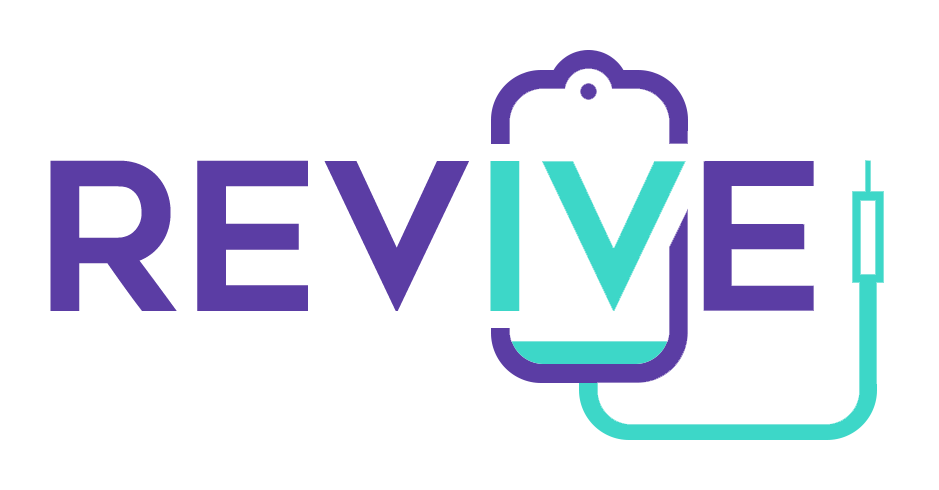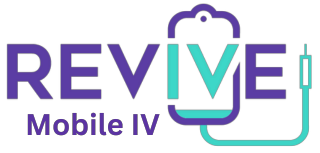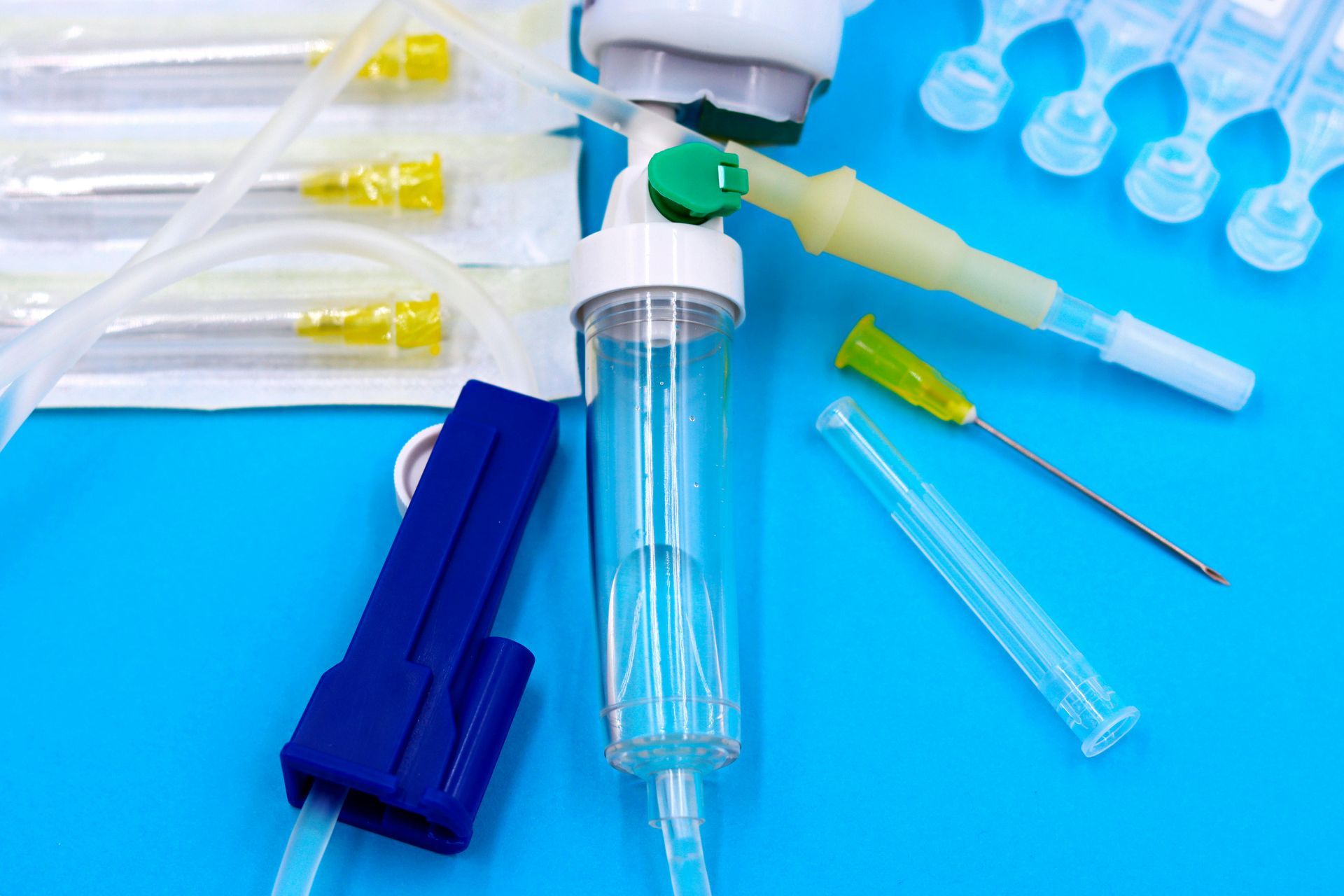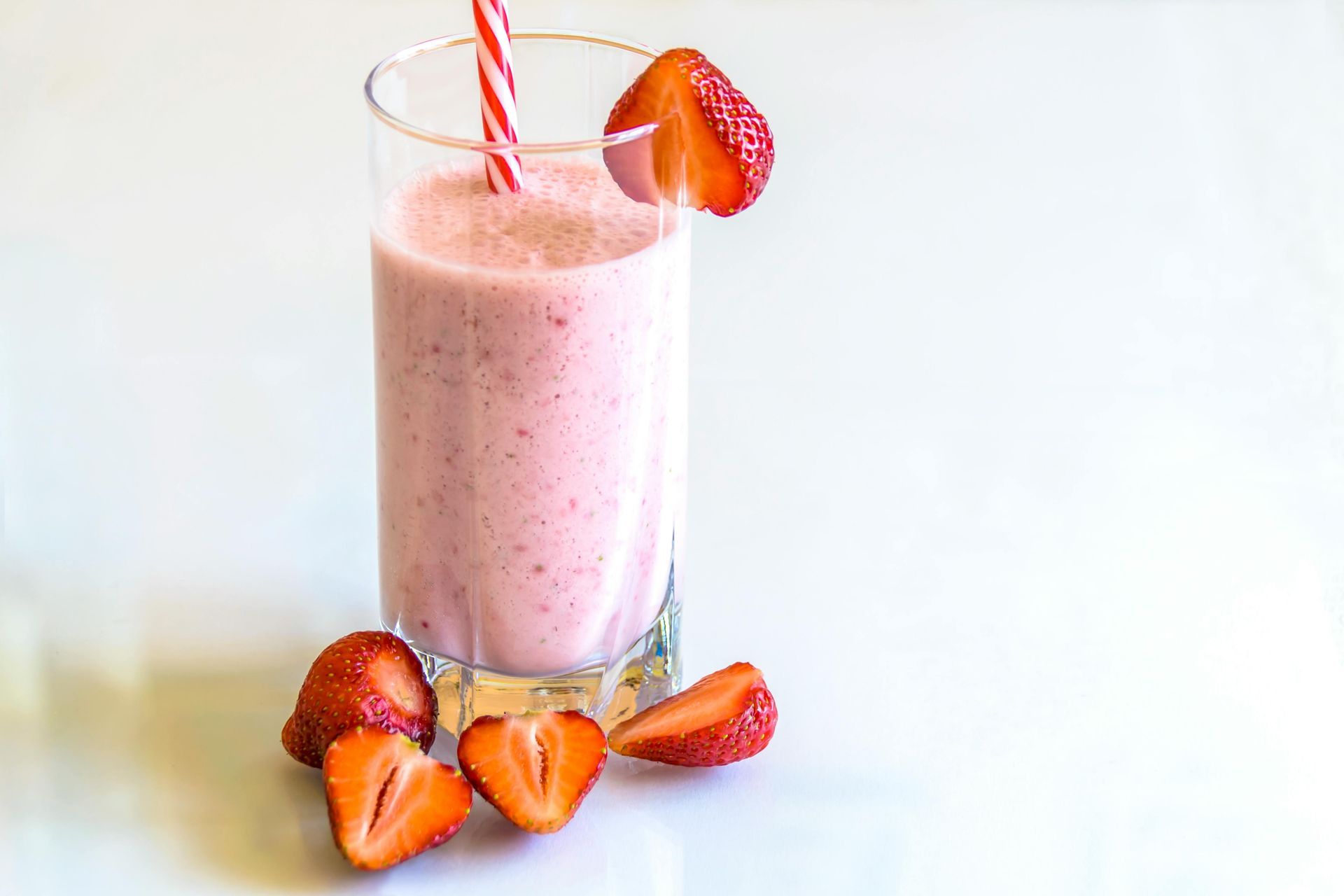IV Hydration for Athletes Explained (No Sweat!)
What Athletes Need to Know About IV Hydration
IV hydration for athletes is the practice of delivering fluids, electrolytes, and sometimes vitamins directly into the bloodstream through an intravenous line, bypassing the digestive system for immediate absorption. Here's what you need to know:
- What it is: Medical-grade saline solution with optional electrolytes, vitamins, and minerals administered via a needle into a vein
- Common uses: Pre-event hydration, post-event recovery, treating severe dehydration, addressing heat illness
- Potential benefits: Rapid rehydration, immediate electrolyte replacement, quicker recovery times
- Limitations: No proven performance advantage over oral hydration in most cases
- Anti-doping considerations: WADA prohibits IV infusions over 100 mL per 12-hour period without a Therapeutic Use Exemption
When you're pushing your body to its limits, proper hydration becomes crucial for both performance and recovery. Intense exercise, especially in Pennsylvania's hot summer months, can lead to significant fluid losses—athletes may lose up to 1-2 liters of fluid per hour through sweat. This fluid loss, when not adequately replaced, can impair performance and delay recovery.
In recent years, IV hydration has gained popularity among professional and amateur athletes alike. While 75% of NFL teams reportedly use pregame IV hydration for select players, the American College of Sports Medicine states that "IV fluids do not provide an advantage over drinking oral fluids and electrolytes" for most healthy individuals.
So why are some athletes turning to the needle instead of the bottle? The appeal lies in the direct delivery method—IV hydration bypasses the digestive system, allowing for 100% absorption of fluids and nutrients compared to the 40-59% typically absorbed through oral intake. This can be particularly appealing when rapid rehydration is needed.
"Time allowing, euhydration can be achieved in the vast majority of individuals by drinking and eating normal beverages and meals," notes a comprehensive review in the Sports Health journal. However, some athletes report feeling more energized and better prepared when using IV therapy as part of their recovery protocol.
I'm Kylee Heck, co-founder of RevIVe Mobile IV, with extensive experience providing IV hydration for athletes across Pennsylvania, having personally overseen thousands of athletic recovery infusions administered by our team of licensed medical professionals. Our mobile service brings physician-led IV therapy directly to athletes at home, training facilities, or competition venues, eliminating the hassle of travel when recovery is most critical.

IV Hydration for Athletes 101: What It Is & How Athletes Use It
IV hydration for athletes is essentially a direct delivery system for fluids and nutrients. Instead of drinking that sports drink, imagine those same electrolytes flowing directly into your bloodstream through an isotonic saline solution (typically 0.9% sodium chloride) that matches what your body naturally needs.
A standard IV bag contains about a liter of fluid, but what makes this approach special is how it can be personalized. Think of it as a customizable hydration cocktail - your nurse might add electrolytes to replace what you've sweated out, B-vitamins for energy metabolism, vitamin C for immune support, amino acids to help those sore muscles recover, or glutathione to fight exercise-induced oxidative stress.
This isn't just some fringe practice, either. When we look at professional sports, the numbers speak volumes - 75% of NFL teams use pregame IV hydration, with typically 5-7 players getting hooked up before kickoff. Their primary motivation? Preventing those painful muscle cramps that can sideline even the most conditioned athletes.
"We've definitely seen more athletes requesting IV hydration for athletes during Pennsylvania's hottest months," our medical director often points out. "When high school and college football practices kick off during peak summer heat, staying properly hydrated becomes as much about safety as it is about performance."
At RevIVe Mobile IV Therapy, safety is paramount - that's why only experienced ER nurses under physician supervision administer our treatments. This medical expertise ensures proper technique and sterile conditions, which are absolutely essential for any IV procedure.
How an IV Drip Works Inside the Body
When that IV fluid enters your bloodstream, it's like hitting the express lane on the hydration highway. The fluid immediately expands your plasma volume without waiting for digestion, which is why athletes often feel an immediate difference.
This direct approach creates several important effects in your body. First, it quickly expands your blood plasma volume, helping maintain healthy blood pressure and optimal heart function. Second, any vitamins or minerals in the solution become 100% bioavailable instantly. Third, it rapidly restores proper electrolyte balance, which is crucial for your muscles and nerves to function correctly.
It's worth noting that research shows this initial advantage in plasma volume tends to equalize after about 15 minutes of exercise. Your body naturally redistributes fluid throughout various compartments, which is why timing and proper planning matter for both IV and oral hydration strategies.
Popular Use Cases of IV Hydration for Athletes
IV hydration for athletes has found its sweet spot in several specific scenarios where traditional hydration might fall short:
For endurance athletes pushing through marathons, triathlons, and ultra-distance events, fluid and electrolyte losses can be massive. Medical tents at these events have long used IV therapy as an intervention for participants showing serious dehydration signs.
Heat stress management is another critical application, especially during Pennsylvania summers when high temperatures combine with humidity to create challenging conditions for athletes. When sweat can't evaporate efficiently, your body's natural cooling system gets compromised, making proper hydration even more crucial.
Tournament athletes facing multiple competitions with minimal recovery time often turn to IV hydration for quick rehydration between events. Tennis players, MMA fighters, and wrestlers competing several times within a short window particularly benefit from this rapid approach.
Combat sports athletes who cut significant weight before weigh-ins have historically used IV hydration to quickly restore fluid balance afterward. However, it's important to note that this practice now requires a Therapeutic Use Exemption under World Anti-Doping Agency regulations.

Does It Really Work? Claimed Benefits vs Scientific Evidence
The buzz around IV hydration for athletes often outpaces what science actually tells us. As someone who's worked with thousands of athletes, I've heard plenty of bold claims—but what does research really show?
When NFL players line up for pre-game IVs or ultramarathoners seek quick recovery, they're betting on benefits that sound impressive. But let's separate fact from fiction.
Claimed Benefits vs. Reality
The truth is, many popular beliefs about IV therapy don't hold up under scientific scrutiny. Muscle cramps, for instance—despite being the #1 reason NFL teams cite for using IVs—have little evidence supporting IV fluids as a prevention method. Most support remains anecdotal: "It works for me" rather than "studies confirm this works."
Performance improvement claims face similar challenges. When researchers have compared athletes receiving IV hydration versus those drinking fluids, they've found surprisingly similar results for heart rate, core temperature, and how long athletes could exercise before exhaustion.
"Time allowing, euhydration can be achieved in the vast majority of individuals by drinking and eating normal beverages and meals," notes the comprehensive Sports Health journal review —a polite scientific way of saying most athletes don't need IVs.
The American College of Sports Medicine's position is even more direct: "IV fluids do not provide an advantage over drinking oral fluids and electrolytes" for most healthy individuals.
That said, there may be a subset of "fluid-sensitive" elite athletes who benefit from IV therapy under proper medical supervision—particularly those with documented fluid intolerance or severe dehydration symptoms.
Studies Comparing IV Hydration for Athletes vs Oral Fluids
When scientists directly compare IV and oral rehydration, the results often surprise athletes expecting dramatic differences:
Firefighters wearing heavy protective gear showed equivalent performance whether they prehydrated intravenously or orally. Athletes recovering from dehydration experienced similar exercise times to exhaustion regardless of rehydration method. Even physiological markers like core temperature and heart rate followed nearly identical patterns between IV and oral groups.
One fascinating consideration rarely discussed: IV hydration bypasses important oral and digestive tract signals that trigger natural hormonal responses. We simply don't know the long-term effects of routinely skipping these natural processes.
Myth-Busting: Vitamins, Antioxidants & "Recovery Cocktails"
The famous "Myers' Cocktail"—that blend of B vitamins, vitamin C, calcium and magnesium—sounds impressive, but does it deliver for athletes? The evidence is thin.
Vitamin C infusions might benefit specific medical conditions, but for well-nourished athletes? The performance advantages remain largely theoretical. Similarly, while magnesium plays crucial roles in muscle function, most athletes can effectively supplement orally.
Glutathione presents an interesting case. This powerful antioxidant has poor oral bioavailability, potentially making IV delivery advantageous. However, studies specifically examining athletic performance benefits remain scarce—it's promising in theory but unproven in practice.
Newer additions like NAD+(nicotinamide adenine dinucleotide) sound cutting-edge and are conceptually linked to energy metabolism, but high-quality studies in athletes simply don't exist yet. Some research on vitamin C infusions shows potential benefits for certain medical conditions, but the application to athletic performance requires more investigation.
As our medical director often explains: "The evidence gap doesn't necessarily mean these treatments don't work. It means we should approach them thoughtfully, weighing potential benefits against costs and risks for each individual athlete."
This balanced perspective guides our approach at RevIVe Mobile IV Therapy—we're enthusiastic about the potential benefits while remaining grounded in what science currently supports.

When Is IV Hydration Appropriate? Medical Indications, Risks & Anti-Doping Rules
While the evidence doesn't support routine use of IV hydration for athletes, there are legitimate medical scenarios where IV fluids become not just appropriate but potentially life-saving.
Medical Indications for IV Hydration
Think of IV hydration as a medical intervention rather than a performance hack. When an athlete has lost more than 5% of their body weight through sweat and exercise, oral rehydration often can't keep pace with these losses. Similarly, athletes suffering from heat illness—a real concern during Pennsylvania's humid summers—often require IV fluids as part of their treatment protocol.
"We see a clear distinction between elective IV use and medically necessary treatment," explains our physician director. "At RevIVe Mobile IV Therapy, each athlete undergoes a thorough assessment before we determine if IV therapy is truly warranted."
Gastrointestinal distress presents another valid reason for IV therapy. When persistent vomiting or diarrhea prevents effective oral rehydration, IV fluids provide a critical workaround. For athletes with documented iron deficiency, carefully administered IV iron infusions (with proper medical oversight and within anti-doping rules) can address this specific need more effectively than oral supplements.
Medical Red Flags That Warrant IV Access
Certain symptoms should send up immediate red flags and may necessitate IV therapy:
If an athlete collapses during or after exercise, develops abnormally low blood pressure (below 100 mmHg systolic), or maintains an liftd heart rate above 100 BPM despite rest, medical evaluation becomes urgent. Similarly, persistent vomiting that prevents oral fluid intake, confusion or disorientation, or severe muscle cramps affecting multiple muscle groups that don't respond to stretching all warrant prompt medical attention.
These aren't just signs of dehydration—they could indicate serious medical emergencies requiring comprehensive intervention, with IV access being just one component of proper care.
Potential Risks & Complications Athletes Overlook
The sleek marketing of IV services often glosses over the very real risks involved with IV hydration for athletes. Any time we breach the skin barrier, we introduce infection risk. Inflammation of veins (thrombophlebitis) can lead to painful blood clots, while improper needle placement may cause IV fluid to leak into surrounding tissues instead of the vein.
"These risks are why proper medical training matters," notes our lead ER nurse. "At RevIVe, we employ only experienced emergency room nurses who handle IVs daily in high-pressure settings."
More serious complications, though rare, include air bubbles entering the bloodstream, permanent vein damage from repeated use, cardiovascular strain from fluid overload, and potentially dangerous electrolyte imbalances from improper formulations. These risks underscore why IV hydration should never be treated casually or administered by untrained personnel.
Anti-Doping Essentials for IV Hydration for Athletes
For competitive athletes, understanding anti-doping regulations around IV use is non-negotiable:
The World Anti-Doping Agency (WADA) explicitly prohibits IV infusions or injections exceeding 100 mL per 12-hour period unless received during hospital treatment, surgical procedures, or clinical investigations. This rule applies regardless of whether the substance being infused is otherwise permitted—even simple saline solution.
Athletes requiring medically necessary IV infusions exceeding these volume limits must obtain a Therapeutic Use Exemption (TUE) beforehand. As USADA (United States Anti-Doping Agency) clearly states: "All IV infusions and/or injections of any substance, prohibited or permitted, in excess of 100 mL per 12-hour period are prohibited at all times except for those legitimately received in the course of hospital treatment, surgical procedures, or clinical diagnostic investigations."
The consequences of violating these rules can be career-ending, which is why we maintain comprehensive medical records and documentation of all treatments provided to competitive athletes.

Better Ways to Rehydrate & Recover: Food-First and Expert Guidelines
While IV hydration for athletes may have its place in specific medical scenarios, the evidence strongly supports a "food first" approach to hydration and recovery for most athletes.
The "Food First" Philosophy Explained
The food-first approach prioritizes whole foods and beverages as the primary source of hydration, nutrients, and recovery support. This philosophy is endorsed by leading sports nutrition organizations worldwide.
Benefits of the food-first approach include:
- Complete nutritional profile: Whole foods provide not just targeted nutrients but the full spectrum of vitamins, minerals, and phytonutrients
- Proper hormonal signaling: Oral intake triggers important digestive and hormonal responses
- Sustainable habits: Developing good nutrition and hydration habits serves athletes throughout their careers
- Cost-effective: Significantly less expensive than IV treatments
- Zero anti-doping concerns: No risk of violating anti-doping regulations
"The body has evolved sophisticated mechanisms for processing food and fluids," explains our consulting sports dietitian. "Bypassing these systems might seem efficient, but we're potentially missing important physiological signals and responses."
Building a Personalized Hydration Strategy
The American College of Sports Medicine recommends the following hydration protocol:
Before Exercise:
- Consume 5-7 mL/kg of fluid approximately 4 hours before exercise
- If urine is dark or specific gravity exceeds 1.020, consume an additional 3-5 mL/kg about 2 hours before activity
During Exercise:
- Aim to prevent excessive dehydration (>2% body weight loss)
- Drink to thirst, typically 400-800 mL/hour depending on conditions and individual sweat rate
- Include sodium (500-700 mg/L) in fluids during exercise lasting >1 hour
After Exercise:
- Consume approximately 1.5 L of fluid for each kg of body weight lost
- Include sodium to aid retention and stimulate thirst
- Spread rehydration over several hours to optimize absorption
Determining your personal sweat rate can help customize this approach:
- Weigh yourself (minimal clothing) before exercise
- Exercise for 1 hour at your typical intensity
- Towel dry and weigh yourself again (same clothing conditions)
- Calculate weight loss in pounds and convert to ounces (1 lb = 16 oz)
- Add any fluid consumed during exercise
- The total represents your hourly sweat rate
For Pennsylvania athletes, seasonal adjustments are crucial. Summer humidity reduces evaporative cooling efficiency, potentially increasing sweat rates by 20-30%. Winter indoor training can also lead to significant sweat losses despite cooler ambient temperatures.
Ethical & Safety Concerns Around IV Bars & Mobile Services
The proliferation of IV bars and mobile services raises important ethical and safety considerations:
- Medical oversight: Is a physician involved in screening patients and overseeing treatments?
- Provider qualifications: Are IVs administered by licensed medical professionals?
- Emergency protocols: Are providers equipped to handle adverse reactions?
- Sterile technique: Are proper infection control measures followed?
- Ingredient transparency: Are all components FDA-approved and pharmaceutical grade?
"There is never an appropriate place for an IV outside of a medical intervention," states USADA. This strong position reflects concerns that normalizing IV use can foster a "shortcut mentality" that may lead athletes toward more problematic performance-enhancing methods.
At RevIVe Mobile IV Therapy, we address these concerns through physician leadership, ER nurse administration, thorough medical screening, and transparent ingredient disclosure. We believe IV therapy has its place within a comprehensive medical approach, not as a routine performance improvement tool.

Frequently Asked Questions about IV Hydration for Athletes
Whether you're training in the humid summer heat of Philadelphia or recovering after a marathon in Pittsburgh, questions about IV hydration are common. As we travel across Pennsylvania providing IV hydration for athletes, here are the answers to what you're most curious about:
Is IV hydration for athletes better than drinking a sports drink?
For most of us hitting the trails or courts, the honest answer is no. Despite the high-tech appeal of an IV drip, the American College of Sports Medicine has found that "IV fluids do not provide an advantage over drinking oral fluids and electrolytes" in most situations.
IV hydration works faster and guarantees 100% absorption—but these benefits mainly matter when you're facing a medical emergency or can't keep fluids down. A well-timed sports drink with the right electrolyte balance works just as effectively for most training and competition scenarios.
Plus, that Gatorade or Powerade offers something your IV bag typically doesn't—carbohydrates for energy replenishment. Sports drinks also trigger your thirst response, encouraging you to keep drinking throughout your activity, which helps maintain hydration over time.
Will an IV drip help me avoid muscle cramps?
Those painful mid-game charlie horses might be what's driving you to consider IV therapy—it's actually the number one reason NFL teams cite for using IVs. But here's the catch: science hasn't strongly confirmed that IV hydration prevents exercise-associated muscle cramps.
Current research points to neuromuscular fatigue, not just simple dehydration, as the likely culprit behind most cramps. While severe dehydration can certainly contribute to cramping, drinking electrolyte-rich fluids on schedule is just as effective for prevention.
If cramps are your nemesis, try these evidence-backed approaches instead:
- Train your neuromuscular system progressively
- Pace yourself appropriately during competition
- Keep up with electrolytes through regular fluid consumption
- Maintain adequate carbohydrate intake during long events
- Try quick fixes like pickle juice or spicy foods, which may interrupt the cramping cycle through neurological pathways
Do I need a Therapeutic Use Exemption for vitamin infusions?
If you're competing under anti-doping regulations, the answer depends on volume, not content:
For IV infusions under 100 mL per 12-hour period, you're in the clear—no TUE needed. But once you exceed that 100 mL threshold, you'll need a Therapeutic Use Exemption unless you're receiving the treatment during a hospital stay, surgical procedure, or as part of a clinical investigation.
This rule applies whether your IV contains simple saline or a complex vitamin cocktail—it's about the delivery method and volume, not what's in the bag. Even a basic vitamin infusion over 100 mL requires documentation if you're subject to testing.
"The anti-doping world doesn't mess around with IVs," our medical director often reminds athletes. "At RevIVe, we help you steer these rules and provide the documentation you might need if you're competing at a high level."
How often can athletes safely receive IV hydration?
There's no one-size-fits-all answer here. For medically necessary IV hydration, your healthcare provider should determine frequency based on your individual situation and clinical assessment.
For elective IV treatments, most medical professionals (including our team) recommend limiting sessions to once or twice monthly for healthy individuals. More frequent use raises concerns about vein health, potential dependency, and might mask underlying issues that deserve proper medical attention.
"We look at the whole picture," our lead nurse explains. "Your training volume, the weather conditions you're facing, your medical history, and specific symptoms all factor into our recommendations about how often treatment makes sense for you."
Is mobile IV therapy safe for student athletes?
Mobile IV therapy can be appropriate for student athletes when it's:
- Delivered by qualified medical professionals
- Provided with proper parental consent for minors
- Accompanied by thorough medical screening
- Used for legitimate medical reasons, not just performance improvement
That said, we generally take a conservative approach with younger athletes. For high school competitors facing those brutal Pennsylvania summer practices, we emphasize developing proper oral hydration habits first. IV therapy should typically be reserved for situations where drinking fluids isn't enough or isn't possible.
Heat-related illnesses remain a significant concern in youth sports across the state, making education about proper hydration practices essential for young athletes. Learning these habits early creates a foundation for healthy performance throughout their athletic careers.
Conclusion
IV hydration for athletes represents a fascinating intersection where medical treatment meets athletic performance. While the promise of direct-to-bloodstream hydration sounds appealing, the science tells a more nuanced story that every athlete should understand.
After diving deep into the research and clinical experience, here's what stands out:
Medical necessity should drive the decision to use IV hydration, not convenience or performance hopes. When you're suffering from severe dehydration or heat illness, an IV can be a legitimate medical intervention – but for routine hydration, the evidence just isn't there to support it as a performance improver.
Despite seeing NFL players hooked up to IVs before big games, the hard truth is that research hasn't backed up many of the performance claims. Most well-designed studies show that thoughtful oral hydration strategies work just as effectively for most athletes in most situations.
If you're competing at a high level, the anti-doping implications can't be overlooked. WADA's strict regulations on IV infusions exceeding 100 mL per 12-hour period have caught many athletes by surprise. A simple vitamin drip could lead to serious consequences without proper documentation or a Therapeutic Use Exemption.
"The best approach for most athletes isn't high-tech – it's high-touch," explains our medical director. "Understanding your personal sweat rate, planning your hydration, and embracing nutrient-dense foods gives you sustainable, long-term benefits that an occasional IV simply can't match."
That said, individual circumstances matter enormously. Some athletes genuinely struggle with oral rehydration due to medical conditions or extreme exercise demands. In these cases, medically supervised IV therapy may play an appropriate role in a comprehensive hydration strategy.
At RevIVe Mobile IV Therapy, we bring physician-led, evidence-based IV therapy directly to athletes across Pennsylvania. Our team of experienced ER nurses understands both the science of hydration and the practical realities athletes face during intense training and competition.
We believe in giving athletes honest, medically sound guidance – whether that means recommending an IV treatment or suggesting more effective oral hydration strategies. Our mobile service means you can receive professional care without leaving your training facility, home, or hotel room, making recovery as convenient as possible when IV therapy is truly indicated.
Before making IV hydration part of your athletic regimen, we encourage you to consult with healthcare professionals who understand both sports medicine and the specific demands of your sport. The right approach balances performance goals with medical reality and long-term health.
Ready to develop a personalized hydration strategy that works for your unique needs? Contact RevIVe Mobile IV Therapy today to speak with our medical team about science-backed hydration options that support your athletic goals safely and effectively.
More info about hydration packages










